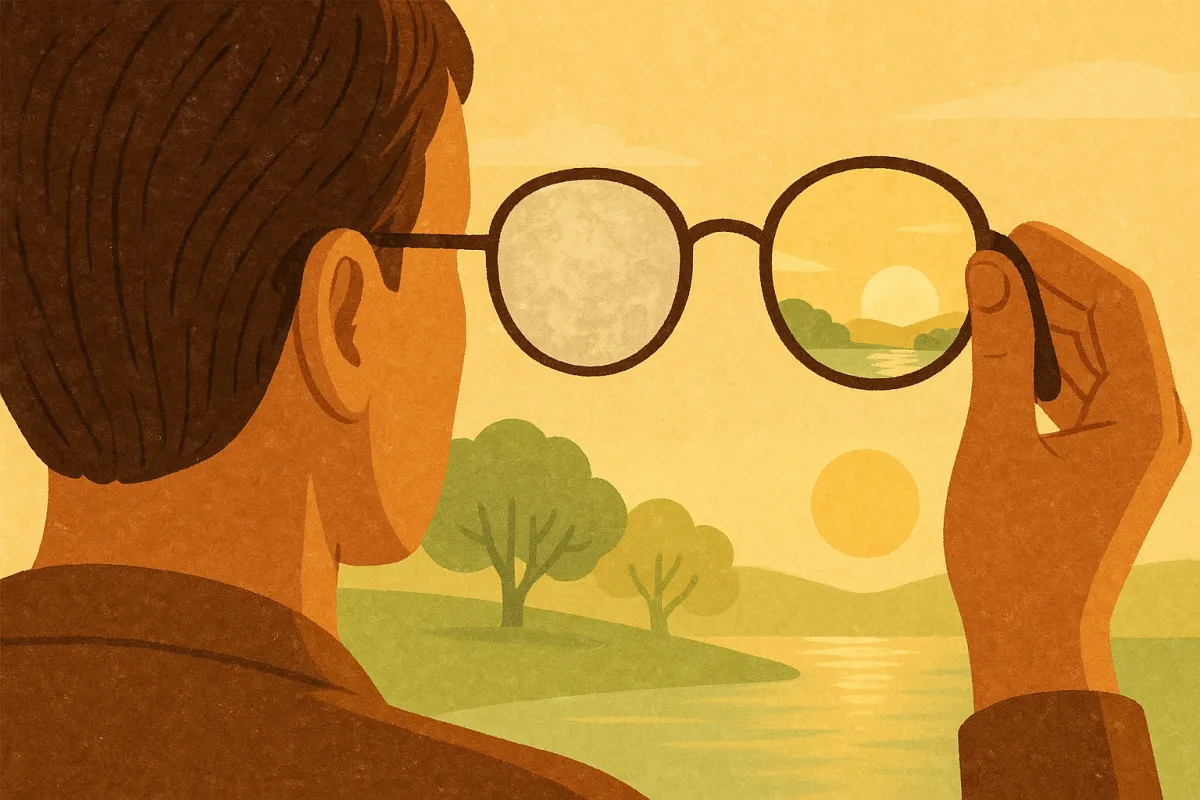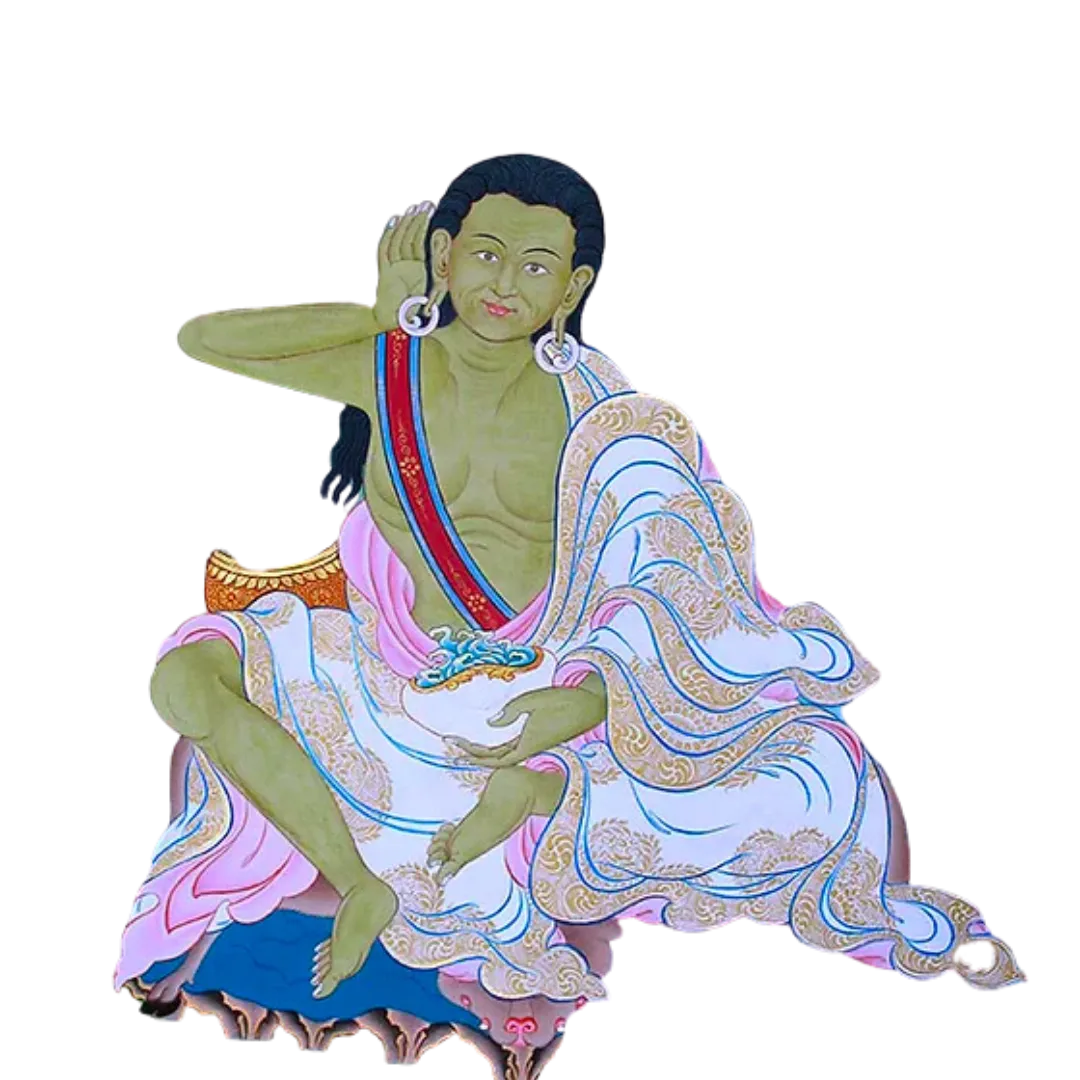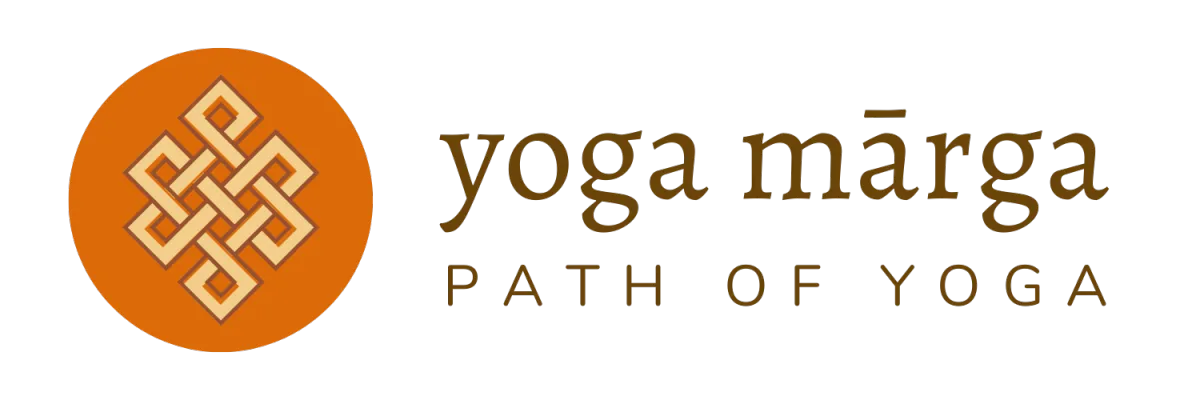Yoga Mārga Blog
Weekly Resources for Yoga Instructors, Wellness Professionals, and Healers.

Why Your Best Advice Might Be Making Things Worse (And What to Do Instead)
“You wouldn’t give someone your glasses and expect them to see. So why give them your opinions and expect them to heal?”
Have you ever poured your heart out to someone—only to hear “Well, at least…” or “Here’s what I’d do…”?
Maybe you were grieving. Or overwhelmed. Or stuck in a relationship. And instead of being met with presence… you got solutions.
We all do it.
We interrupt with stories of our own heartbreak. We offer wise advice from experience. We try to soothe, redirect, or fix. But here's the uncomfortable truth:
When we rush to solve someone’s pain, we accidentally invalidate it.
The Glasses Metaphor: Why Advice Often Misses
One teacher put it this way:
If someone tells you, “I can’t see,” would you hand them your glasses?
It seems kind. But unless they have the same prescription, it might make things worse.
That’s what we do when we give advice too quickly. We offer them our lens, not theirs.
And it assumes something dangerous: that we know better.
What People Really Need: A Mirror, Not a Manual
What most people are longing for is not instruction.
It’s reflection.
To be fully heard. To be seen without judgment, interruption, or redirection.
In yogic philosophy, this is a form of Seva—sacred service. In Buddhism, it’s upāya—skillful means. And in trauma-informed healing, it’s simply the first step: safety.
This practice is called Reflective Listening.
And it might be the most powerful medicine we can offer.
3 Steps to Healing Without Fixing
Suspend the urge to fix.
Just for 60 seconds. Let their words echo inside you before you respond.Mirror their emotion.
Instead of “at least…” try “That sounds so painful.” Let their truth stand.Let silence be sacred.
Some of the most healing moments happen when no one speaks.
What Happens When You Reflect Instead?
In one class, a student shared a grief wound.
Another student listened deeply—not solving, not soothing.
The result?
Peace. Clarity. A release that had been waiting years.
Not because of a brilliant insight.
Because someone finally stayed long enough to let the speaker meet themselves.
Final Takeaway:
“We can only meet others in the capacity we’ve met ourselves.” – Dr. David Wolf
You don’t need to be the expert. You don’t need to fix anything.
Just see them. Be a mirror. That’s enough.
And if you’re longing to be seen that way?
That’s where sangha (spiritual community) comes in. Join ours. We’re practicing this every week.
Want to learn how to enhance your communication skills? Watch this.

Los Angeles, CA
Tampa Bay, FL
Between two thoughts,
there is Buddha.
- Milarepa
Milarepa (1052-1135 AD), a Tibetan yogi and poet, was a man who turned the trajectory of his life from misdeed to enlightenment, reminding us of the enduring potential of the human spirit.

